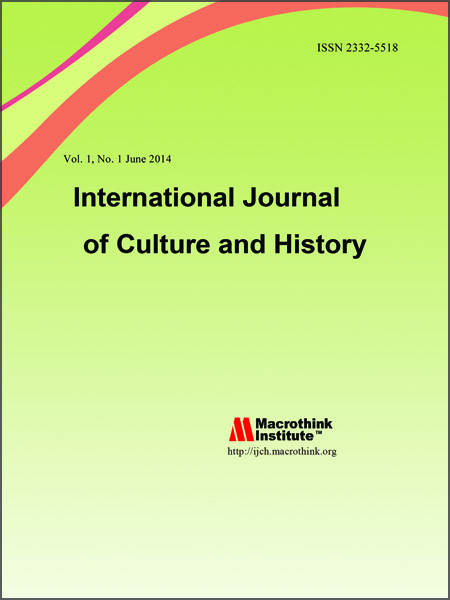Roma diu Valentia vocitata: The Origins of Romans and Latins
DOI:
https://doi.org/10.5296/ijch.v9i2.20493Abstract
In this study, some of the most relevant names occurring in the myths concerning the foundation of Rome are analysed in order to obtain confirmations or new informations on the origin of the city and its early inhabitants. In particular, the role of Latin and Etruscan tribes in populating the Roman hills is investigated. The contribution of these peoples is considered together with that of other ancient peoples who have been recognised as migrated in ancient Italy mainly during the II millennium BC, according to a recent diffusion model based on the time and space distributions of ancient and current geographical names and ethnonyms. The analysis of the names reported in the foundation myths leads to the conclusion that Latins originally were a people of the Etruscan federation as well as the peoples who inhabited Volsinii and Felsina at the beginning of the I millennium BC. Moreover, the name of Romans originally was an exonym by which Latins called other peoples of the Etruscan confederation and later was extended to indicate all the inhabitants of Rome. Lastly, most of the names of the mythological founders of Rome or their ancestors are eponyms of the peoples that populated ancient Lazio and contributed to the rise of Rome.

